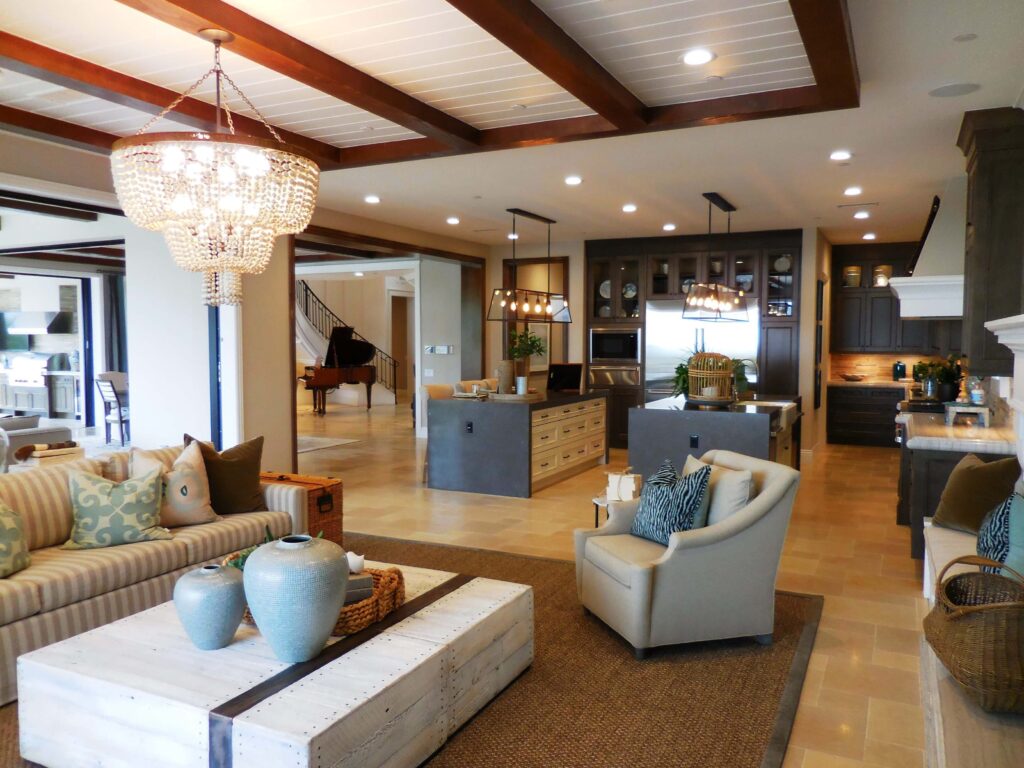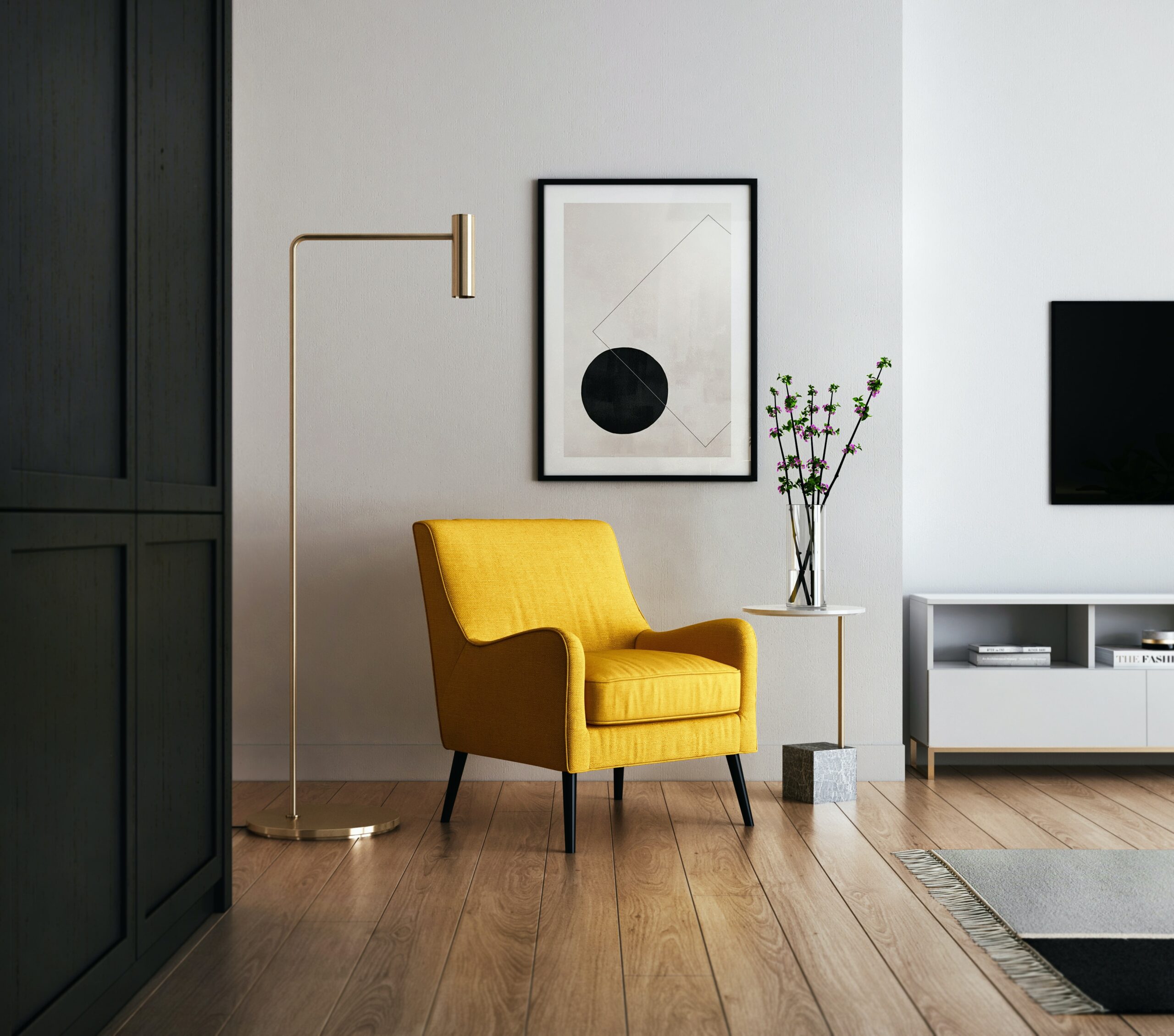The qualifications required for a career in interior design can vary depending on the specific job or position, but here are some common qualifications and steps to consider:
- Education:
- Many interior designers have a formal education in interior design. A bachelor’s degree in interior design or a related field is often preferred or required by employers. Some individuals may pursue an associate degree or certificate program in interior design, but a bachelor’s degree is more comprehensive and provides a broader understanding of design principles.
- Portfolio:
- Alongside or following your education, develop a strong portfolio showcasing your best design work. A portfolio is a critical tool for presenting your skills and style to potential employers or clients.
- Internship/Experience:
- Gain practical experience through internships or entry-level positions in the field. This hands-on experience allows you to apply theoretical knowledge, develop practical skills, and build a network within the industry.
- Professional Certification:
- While not always mandatory, obtaining professional certification can enhance your credibility and marketability. Organizations such as the American Society of Interior Designers (ASID) and the National Council for Interior Design Qualification (NCIDQ) offer certification programs. The NCIDQ certification, in particular, is highly regarded in the industry.
- Continuing Education:
- Interior design is a dynamic field, and staying informed about new materials, technologies, and design trends is crucial. Consider participating in workshops, attending conferences, or taking continuing education courses to stay updated.
- Networking:
- Build a strong professional network by attending industry events, joining design associations, and connecting with other professionals in the field. Networking can provide valuable insights, mentorship opportunities, and potential job leads.
- Communication Skills:
- Develop strong communication skills, as effective communication is essential in understanding client needs, conveying design concepts, and collaborating with other professionals involved in a project.
- Computer Skills:
- Familiarize yourself with design software and tools commonly used in the industry. Proficiency in computer-aided design (CAD) programs, 3D modeling software, and graphic design tools is often beneficial.
- Licensing (in some regions):
- In some regions or countries, interior designers may be required to obtain a license to practice. Licensing requirements vary, so it’s essential to research the regulations in your specific location.
- Specialization (Optional):
- Consider specializing in a particular area of interior design, such as residential, commercial, hospitality, or sustainable design. Specialization can help you tailor your skills and expertise to specific client needs.
It’s important to note that while education and certification can enhance your qualifications, a strong portfolio and practical experience are often equally important in the field of interior design. Additionally, individual employers may have specific requirements or preferences, so research job listings and industry expectations in your region to tailor your qualifications accordingly.

